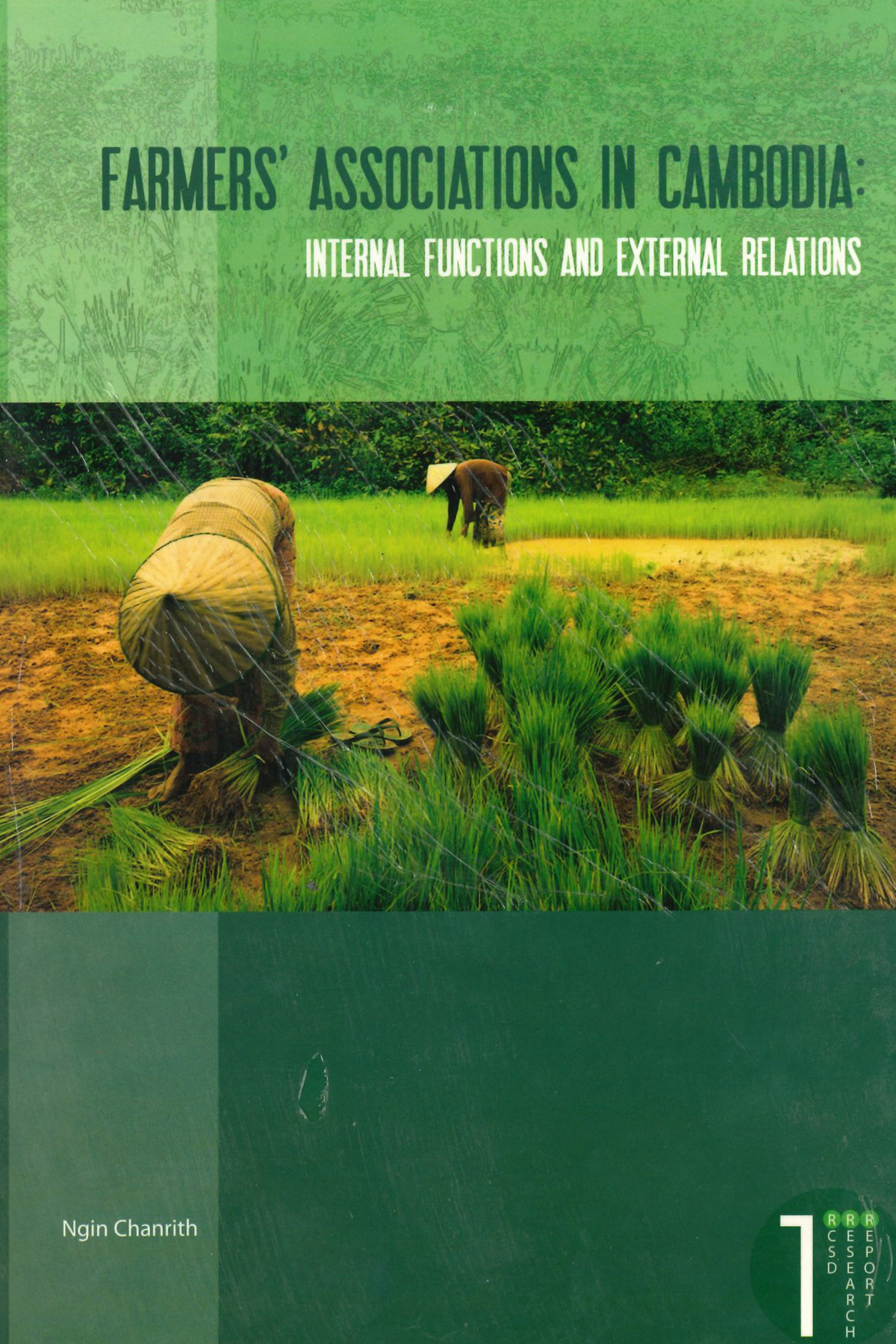The study reveals the socio-economic impacts that occurred in the Mekong Delta despite the Vietnam government’s well-meaning interventions for preventing salinity intrusion and improving agriculture production. Forced by the needs of food security in the early 1990s, the Vietnam government constructed a series of embankments and sluices along the coast of Camau Peninsula, including Bac Lieu province in the Mekong Delta, to prevent salinity and maintain the flow of fresh water into the Hau river (a branch of the Mekong river). The government expected that farmers could intensify their production of rice and thereby improve their livelihoods in these areas protected from salinity. However, farmers who cultivated rice in acid sulfate soil areas suffered serious crop failures. The shift toward rice production also came at the expense of a fall in the production of aquatic products, both from the breeding of shrimp in brackish waters in the fields and the catching of fish in the canals.
Publication date : October 2004
Price : 180 Baht / 7 US$
- THEME
- Resource Governance

